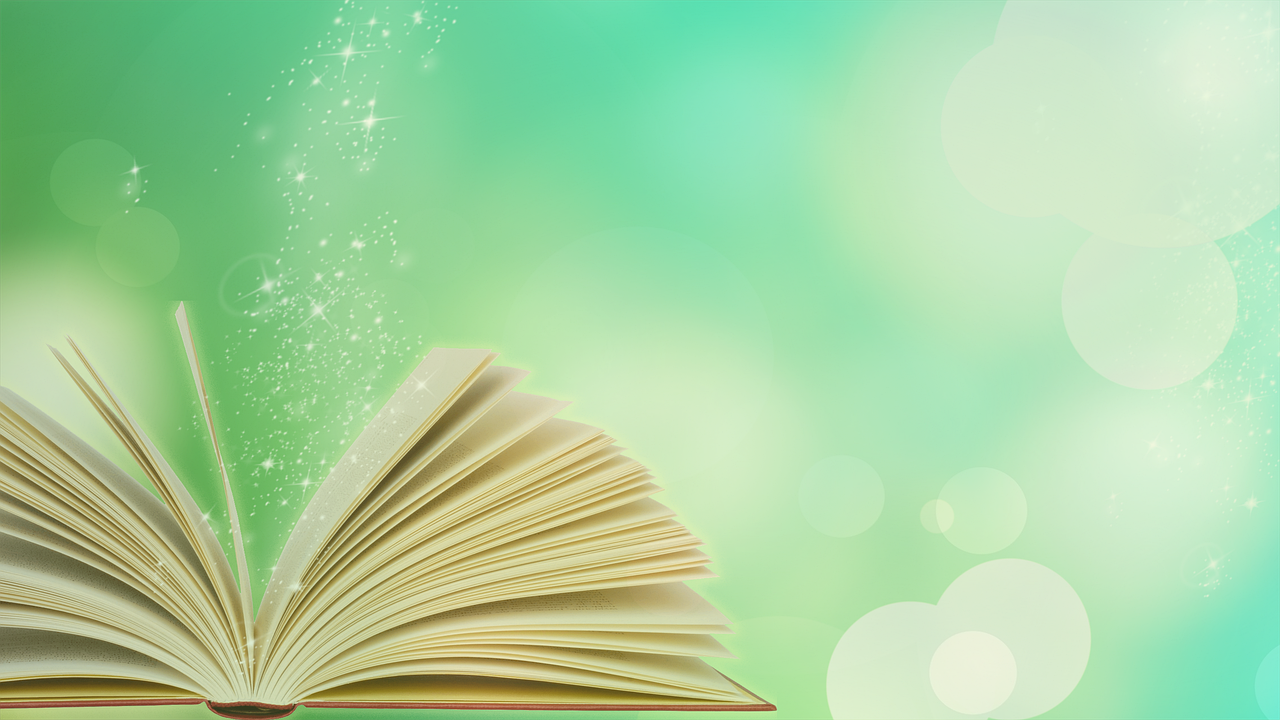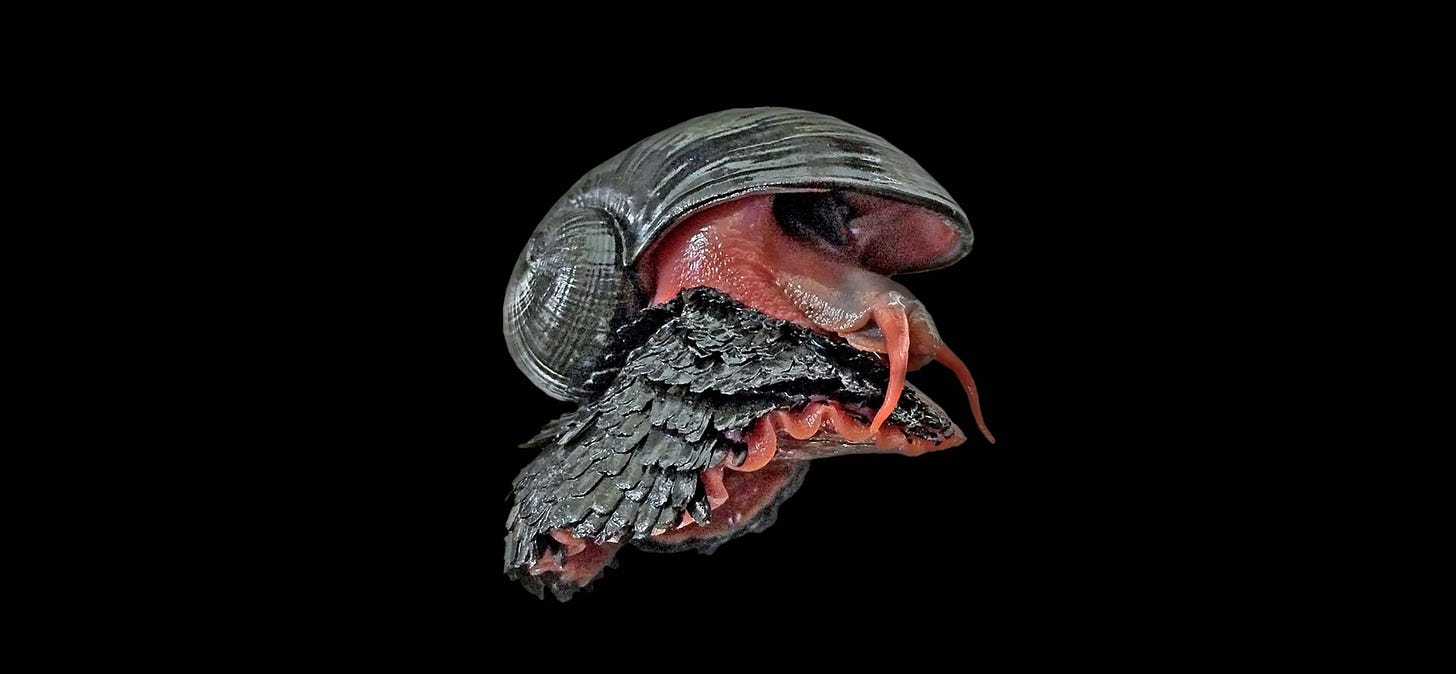Testing a new type of post: a recurrent injection of Subtle Sparks to share essays, quotes, and so on that I (probably) won’t write a full post about. Consider it a cabinet of curiosities. Also, let me know if this is useful/interesting to you.
Reflections on writing by the late Joan Didion in Literary Hub.
I knew that I was no legitimate resident in any world of ideas. I knew I couldn’t think. All I knew then was what I couldn’t do. All I knew then was what I wasn’t, and it took me some years to discover what I was.
Which was a writer.
By which I mean not a “good” writer or a “bad” writer but simply a writer, a person whose most absorbed and passionate hours are spent arranging words on pieces of paper. Had my credentials been in order I would never have become a writer. Had I been blessed with even limited access to my own mind there would have been no reason to write. I write entirely to find out what I’m thinking, what I’m looking at, what I see and what it means.
A fantastic beast and where to find it (for now)
This is a casual reminder that volcano snails (Chrysomallon squamiferum) exist. They live at hydrothermal vents in the Indian Ocean. Volcano snails are the only known animals to incorporate iron sulfide into their exoskeleton (their shell and the scaled armor on their foot) and they have enlarged glands in their esophagus to house symbiotic sulfur-oxidizing bacteria.
They are, sadly, the first animals to be designated ‘endangered’ by the IUCN due to deep-sea mining.
On the biology of (artificial) intelligence
This wonderful, idea-rich essay in Aeon examines the complex nature of intelligence and how it relates to non-human animals and AI.
Instead of a measurable, quantifiable thing that exists independently out in the world, we suggest that intelligence is a label, pinned by humanity onto a bag stuffed with a jumble of independent traits that helped our ancestors thrive. Though people treat intelligence as a coherent whole, it remains ill-defined because it’s really a shifting array masquerading as one thing
Related, an interview in LA Review of Books with computer scientist Melanie Mitchell and developmental psychologist Alison Gopnik tackles ‘how to raise your artificial intelligence’.
There’s an evolutionary argument that the time when “intelligence” shows up in evolution is in the Cambrian explosion…. But what happens in the Cambrian is you start having organisms with eyes and claws, or what biologists call actuators and sensors. When you get actuators and sensors, you can perceive things and move, and that’s a really different niche for an animal… This is a foundational kind of structure for which you need to have the kind of truth-seeking intelligence we are talking about.
“Is it time to rewild the internet?” asks a long-read on Noema.
Great essay that compares the current state of the internet to a monopoly and monoculture, and wonders what a ‘rewilded’ internet looks like.
For tech giants, the long period of open internet evolution is over. Their internet is not an ecosystem. It’s a zoo.
This reminds me of a post I wrote in the wake of the great Twitter takeover: Social Media Fragmentation and Engagement Fatigue, in which I observed…
Plenty of platforms wave seductively at me, but behind the surface that glitters with words like ‘kindness’, ‘community’, and ‘open source’, they all seem pretty similar (and are probably plagued by similar issues).
Random book recommendations
The Freeze-Frame Revolution by Peters Watts: How do you stage a mutiny on an AI-steered spaceship when you’re only awake once every couple thousand years? Relatively short, full of ideas, and, perhaps(?), a secret code. (Bias: Watts is one of my favorite writers and he’s a fellow biologist. Read all his stuff.)
Lilith's Brood (or the Xenogenesis trilogy) by Octavia Butler: A rightful classic. Lilith wakes up in what seems to be a cell. She learns that aliens - the three-gender Oankali - have saved the final few humans from extinction. More than science fiction, it’s an exploration of gender, social systems, and sexuality.
Scatter, Adapt, and Remember by Annalee Newitz (non-fiction): When global disaster strikes (seems like we’re getting closer every day, doesn’t it?), how do we recover? Newitz digs into the past for lessons we can apply in the future. (Newitz is also one of the rare people who does both non-fiction and fiction exceptionally well.)
Poll along
Here’s a fancy word: anendophasia. Did you slowly enunciate it with your inner voice? Good, then you don’t have it. Anendophasia is the lack of inner voice and recent research suggests that it affects verbal working memory.
The poll will be open for a week. Share it for a larger sample size. Ha, look at me doing some ninja marketing. 🐱👤
Talking about ninjas… Here are a few previous posts you may have missed:
Attachment Styles and Being Dependently Independent: on attachment styles, the dependency paradox, and the burden of being unknown.
Drug Maps and Idea Paths: on building a drug GPS, charting ideas from ancient Babylon to Newton, and modeling spherical cows.
Language Games and Jungle Writing: on Wittgenstein’s language games, Ursula Le Guin’s jungle writing, and why I write the way I do.








Would love to hear more about the intelligence topic 🧠